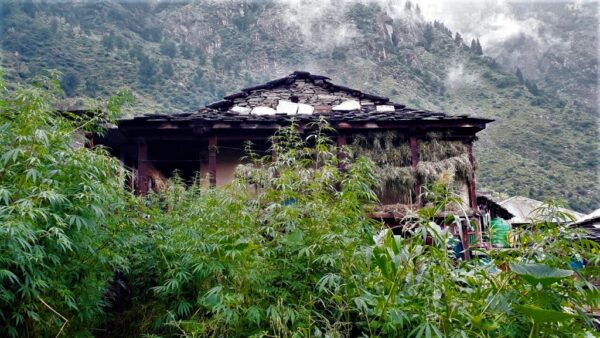Himachal
Places to Visit
Was Malana village founded by soldiers of
Alexander the Great?
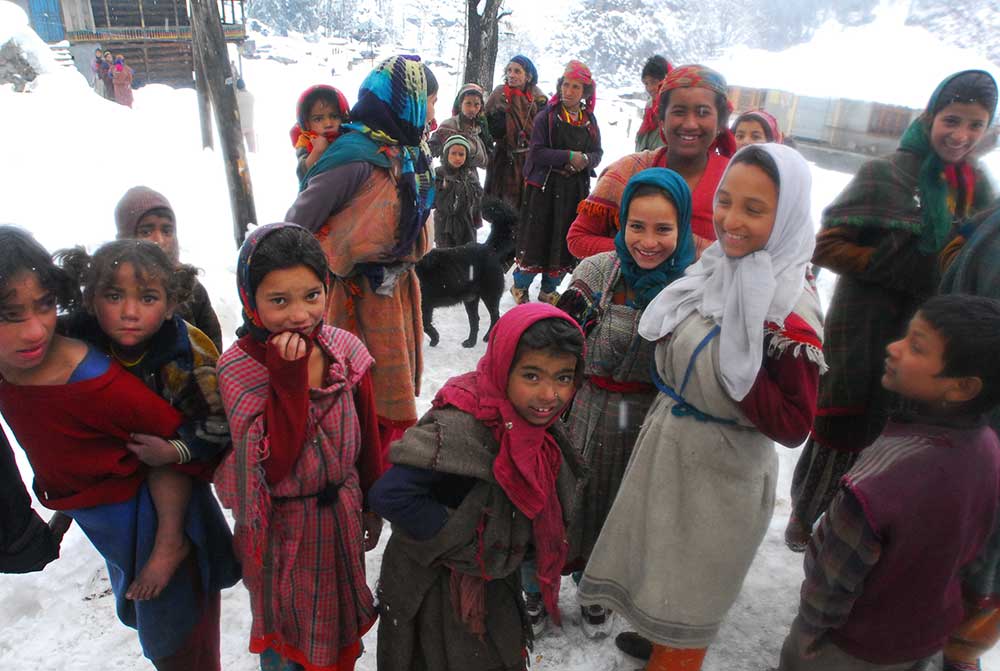
So how did Malana village came into being? A new DNA study promises to unravel the mystery behind the legend of the Macedonian king that connects him to this mysterious Himalayan village and its origin…
There are many legends about Alexander the Great. Most of them are quite fabulous like how he soared into the sky atop two birds or how he descended to the bottom of the ocean in a diving bell.
But there is one legend surrounding Alexander which is of rather recent origin and goes something like this: “In 326 BC, after Alexander had defeated king Porus, his war-weary and homesick soldiers mutinied on the bank of river Beas, refusing to march any further to the East. Alexander relented after three days and announced to return home. But some of his soldiers stayed back and settled down at a place, high in the mountains.”
Today, that place is known as Malana.
Mysterious Malana
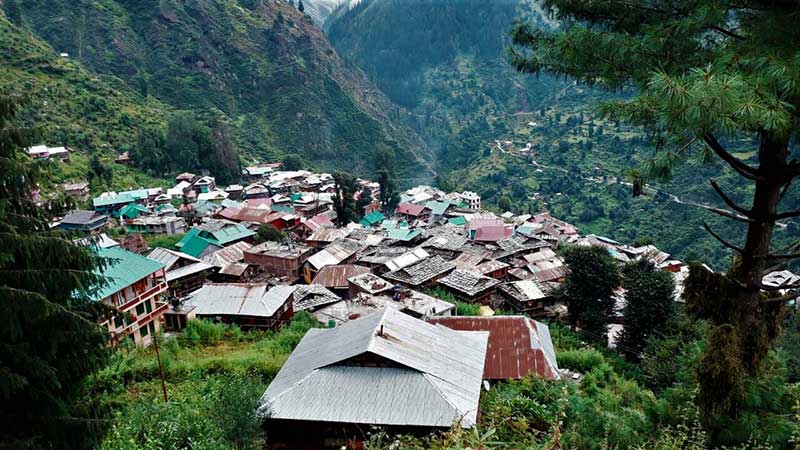
Located at an altitude of around 2600 meters and surrounded by high mountains of Parvati valley in the Kullu district of Himachal Pradesh, Malana had first come to prominence due to its best quality charas —the Malana Cream. But there is more to Malana than just marijuana.
Cut off from the outside world, Malana has been living in complete isolation right from the beginning with its unique culture and own system of governance, making it perhaps one of the oldest surviving democracies in the world.
Surrounded by Indo-Aryan speaking villages, around 2000 inhabitants of Malana speak Kanashi, a Sino-Tibetan language. It’s the only village to speak this endangered language.
But what is really intriguing about Malana is its assumed Greek connection.
An expert on Greek studies from the Jawahar Lal University (JNU) has renewed the debate about Malana’s origin after he announced to get to the roots of the legend that the inhabitants of this village are the descendants of Alexander the Great’s army.
Dr Anil Kumar Singh, who teaches at the School of Language, Literature and Culture Studies, JNU, has said that he would use genetics to solve the mystery about Malana’s past.
Malana, a village of interest
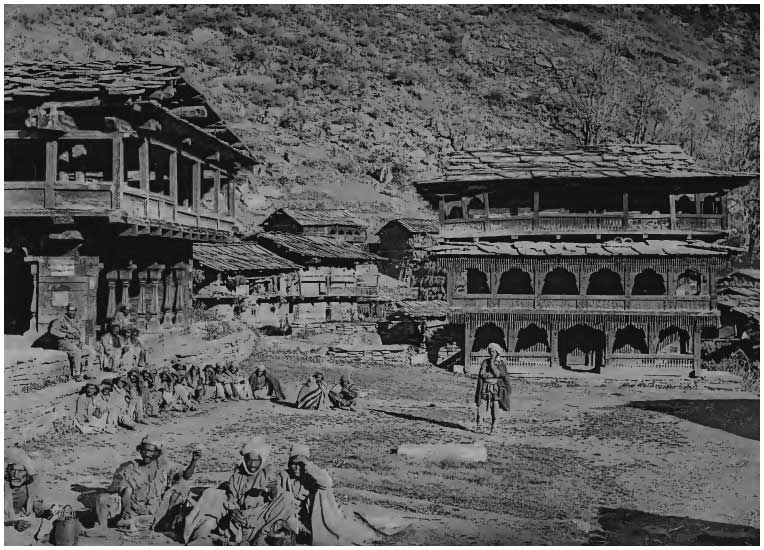
Though it’s for the first time that researchers are working on finding the truth about Malana’s supposed Greek connection, but the village has been a topic of interest for a long time. Drawn by its unique culture and language, Western travellers were the first ones who had started visiting this village in the 19th century.
AFP Harcourt was among the first ones to visit the village. In his book —The Himalayan Districts of Kooloo, Lahoul, And Spiti — Harcourt writing about Malana says that “It is perhaps one of the greatest curiosities in Kooloo (Kullu) as the inhabitants keep entirely to themselves, neither eating nor intermarrying with the people of any other village and speak a language which no one but they themselves can comprehend.”
He says that Malana people “neither know when their village was first inhabited nor where they themselves came from.” In this book, Harcourt had also left a small vocabulary of Kanashi.
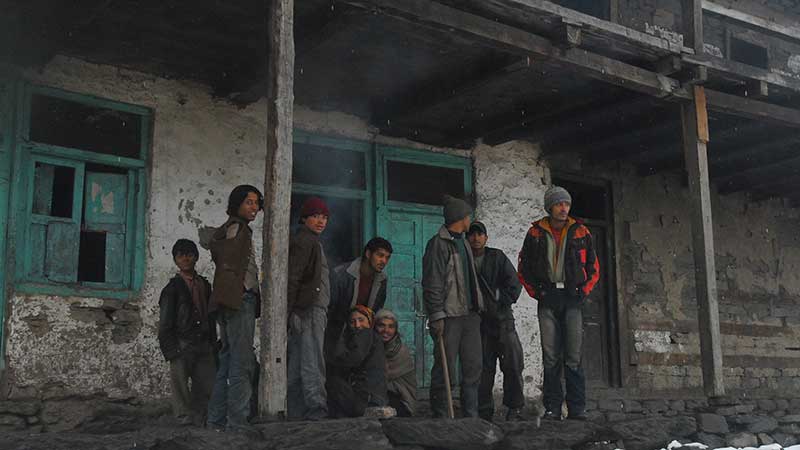
Then in the 1950s, Collin Rosser, an anthropologist, who later founded International Centre for Integrated Mountain Development (ICIMOD), spent two years in Malana studying its system of governance and unique culture and wrote a paper titled, ‘A hermit village in Kullu.’ (You can download ‘A hermit village in Kullu’ here.)
And as recent 2010, a DNA-based study had come to the conclusion that Malana residents are ‘genetic isolate’ having little genetic mixing with other population. For this study, conducted by Rajiv Giroti of Central Forensic Science Laboratory (CFSL) and Indu Talwar of Panjab University, Chandigarh, samples from 48 residents of Malana were taken.
But neither no study has ever attempted to explore the Greek connection nor there is any historic evidence to even vaguely suggest that.
According to some anthropologists, the story about Alexander’s soldiers settling down in Malana could have been started by early Western travellers who knew of Greek influence over Indian art and culture in the past and then explained the distinctive culture, language and isolation of Malana through this legend.
Theories on Malana’s origin
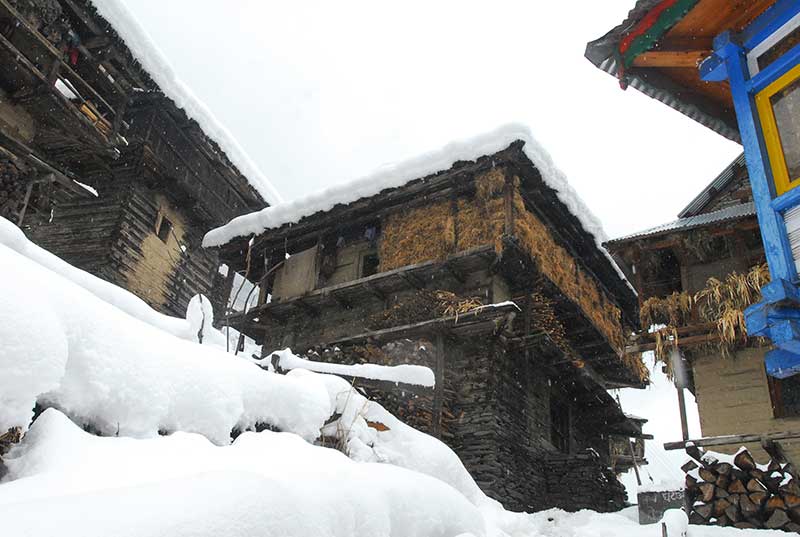
Most research work has found Kanashi language’s close association with Kinnauri, also a Sino-Tibetan language spoken in the Kinnaur district of Himachal Pradesh. This connection puts Kinnaur at the centre of Malana’s origin. These are the main theories on Malana’s origin:
*Malana was founded by a group of hunters belonging to eight different clans living in the nearby mountains. These people were part of a larger group in lower areas of Himachal that spoke Kanashi once.
*A group of Kanashi-speaking traders from Kinnaur settled down in Malana, which fell on an ancient route connecting Bushehr with Parvati valley.
*Kinnauri-Kanashi speakers moved to Kinnaur from southern Uttarakhand region and later on some of them migrated to the present-day Malana.
Malana’s own legends
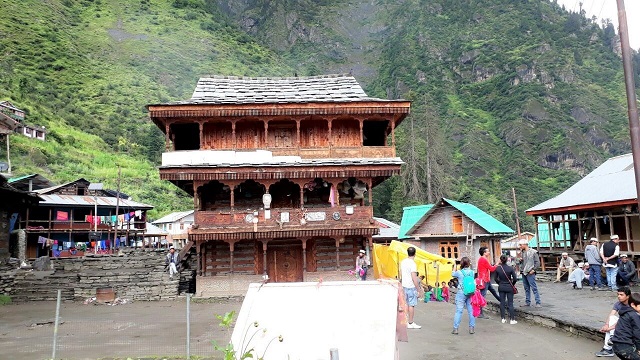
The people of Malana too have their own legends about their origin. They believe themselves to be the descendants of Jamlu rishi, the all-powerful tutelary deity which dominates the village.
According to one story, Jamlu rishi came from Tibet. First, he travelled to Spiti and then crossed Hamta Pass to enter Kullu and finally scaled the Chanderkhani Pass to reach Malana.
Another legend has it that Jamlu rishi had landed in the Malana glen in a basket thrown into the air by gods of Kullu who didn’t want him to settle in their valley.
The villagers believe Jamlu Devta to be their true ancestor and everything else about their origin a lie.


